The risks of mixing drugs and alcohol


Mixing different substances can quickly ruin your night. Make sure you understand the risks…
Mixing any combination of drugs (over the counter, prescription, or illicit) and alcohol can be dangerous. Not only can drinking and other drugs impact the effects of each substance, it can also trigger dangerous interactions. The impact on your body and mind become even more unpredictable, and harder to manage.
Stay safer by staying informed. Sign up to receive alerts and notifications about any dangerous drugs in NZ. Check out the alerts page to see what we've already found.
The effects of mixing alcohol and other drugs
The effect alcohol has on drugs will vary depending on the amount of alcohol consumed, the type of drug, and its effects. Remember, alcohol is a depressant, which means it works by slowing down parts of the brain and results in impaired cognitive function. Combining it with other substances can intensify its effects, which greatly increases the risks of harm, including the risk of overdose.
Take MDMA and alcohol, for example. Both substances can increase the release of dopamine and serotonin in your brain, the feel-good chemicals. This can cause you to drink more, as a way of extending the effects. This can increase the risk of dehydration, excessive sweating, heat stroke, nausea and vomiting. Both affect thinking and awareness, which can lead to problems with movement and coordination, increasing the risk of falls or serious injuries. MDMA already comes with a risk of serotonin syndrome and combining it with alcohol increases the risk and can make serotonin syndrome more severe.
Combining alcohol with benzodiazepines, or other central nervous system depressants, can impact the function of areas of the brain that control things like breathing and heart rate (which can lead to organ damage), lead to problems with motor functions including response time and coordination, and can increase the potential risk of overdose.
While the effects of mixing alcohol and drugs will depend on the type of substance(s) taken, common effects can include:
- Increased or decreased heart rate
- Muscle control difficulties
- Lowering inhibitions
- Short-term memory loss
- Heightened emotions, like sadness or anxiety,
- Lack of concentration
- Respiratory problems
- Drowsiness
- Dizziness
- Nausea or vomiting
- Loss of consciousness
Combining alcohol and drugs puts your body under a lot of stress and can have long-lasting complications. This could put you at greater risk of developing health issues later on in life.
Long-term effects can include:
- Damage to internal organs
- Muscle and bone breakdown
- Long-term memory impairment
- Lack of coordination skills
- Problems concentrating
While not using drugs is always the safest option, avoiding mixing alcohol with other substances will help reduce some of the risks.
Other things you can do to reduce harm if you’re having a big night out include:
- Avoid re-dosing as this increases the chance of overdose.
- Plan your night out – know how you’re getting home, and where you’re going.
- Have a plan in case of emergency.
- Take regular breaks when dancing, and stay hydrated.
You can find out more about staying safer through the NZ Drug Foundation.
If you have any concerns about your own drinking or drug taking, get in touch with the Alcohol Drug Helpline on 0800 787 797, or text 8681. You’ll be able to speak with a trained counsellor who can provide you with helpful information, insight and support. They’re available 24/7, all calls are free and confidential. You can also chat to the team through their website.
Latest Articles
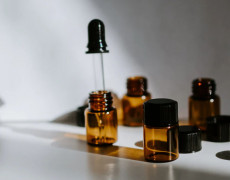
15 Apr 2024
Thinking of using GBL/GHB?
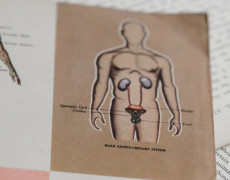
12 Apr 2024
Ketamine and bladder damage – know the risks
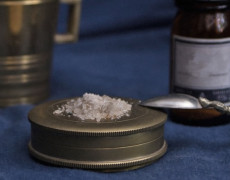
8 Mar 2024
Synthetic cathinones explained
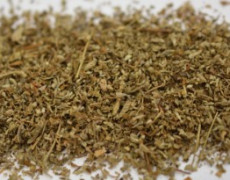
22 Feb 2024
What’s happening with synthetic cannabinoids?
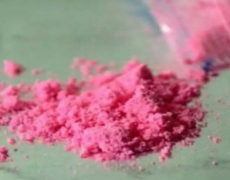
31 Jan 2024
What is tuci?
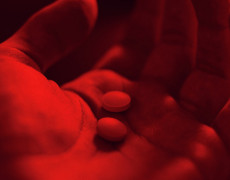
19 Jan 2024
Answering some common questions about MDMA

10 Jan 2024
Understanding the risks of the comedown

5 Jan 2024
Looking after your mental health

15 Dec 2023
Tips for a safer night out
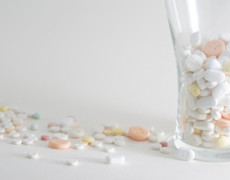
12 Dec 2023
To mix it is to risk it
